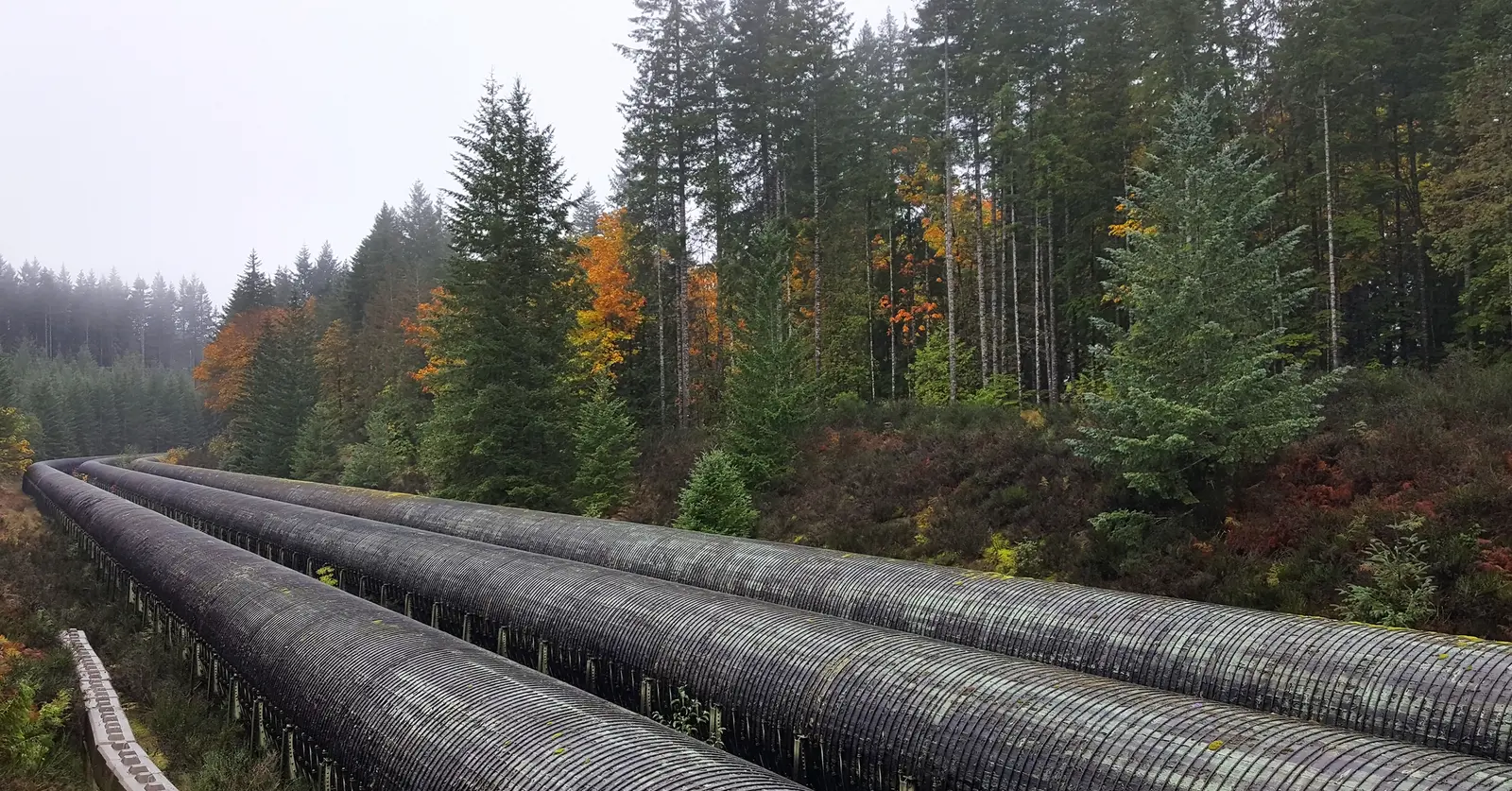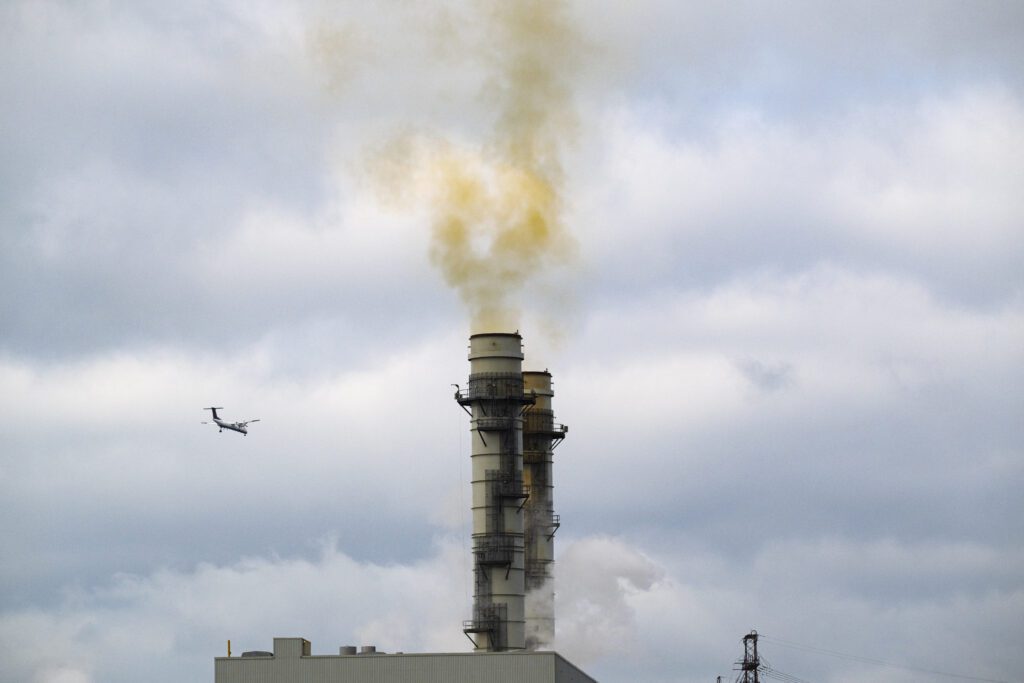March was a tight competition between fossil fuel pipeline, extraction, and oil and gas production companies for who could get the most face time with the federal government.
Based on what our Lobby Bot found in March 2023, it’s clear that the fossil fuel industry escalated its efforts to intervene in important government decisions about climate change policy.
Our lobby bot recorded 103 meetings between oil and gas industry lobbyists and federal government officials from the lobby registry. That’s over 25 meetings a week in which government officials sat down with an industry trying to delay climate action and get more subsidies.
Fossil fuel transportation firm Pembina Pipeline Company had the most lobby meetings in March. The company’s CEO and top paid lobbyist had 13 meetings, 11 of which were with directors, Assistant Deputy Ministers (ADM), and other top officials at Finance Canada, National Resources Canada, Transport Canada, and the Privy Council Office. The company also managed to wrangle 13 different MPs from the Conservative Party of Canada into their other two meetings.
Not to be outdone by their pipeline pals, companies extracting and refining fossil fuels took second and third place for the most meetings in March. The Pathways Alliance (a group of the 6 major tar sands players) had 11 meetings, and, tied in third place are Irving Oil Ltd. and Enbridge Inc. with 10 meetings each.
Oil and gas companies play key roles in expanding and financing climate-wrecking fossil fuels, blocking climate action, and spreading disinformation. We’ve identified Arthur Irving, CEO of Irving Oil, and Alex Pourbaix, lead media spokespeople for the Pathways Alliance, as two of Canada’s top Climate Villains. Learn more about their tactics here.
Pathways Alliance met with a Senior Advisor of the Prime Minister’s Office (PMO) and had five meetings with the ADM for Environment and Climate Change Canada’s Science and Technology Branch, likely trying to sell their idea for a huge network of Climate Capture Utilization and Storage (CCUS) pipelines. CCUS is not a realistic climate solution because despite decades of funding, research and development it still can’t successfully capture anywhere near the amount of C02 needed to decrease the emissions for oil and gas production. The majority of CCUS demonstration projects underperform and fail to meet their promised emissions reductions. But the fossil fuel industry sees CCUS as its lifeline and is trying to justify continued fossil fuel extraction by promising (and demanding public money for) future CCUS projects.
Fossil fuel companies and industry groups lobbied the two main ministries responsible for climate action and regulating the oil & gas industry consistently throughout the month, with nine more meetings than last month (February) . The Ministry of Natural Resources accepted 29 meetings with lobbyists, and Environment and Climate Change Canada met with lobbyists 23 times. Fossil fuel companies also continued to heavily lobby Finance Canada ahead of the release of the federal budget, with 12 meetings recorded.
Here are some highlights from the month.
WHO LOBBIED THE MOST
The companies that held the most lobbying meetings with the federal government in March 2023 were:
- Pembina Pipeline Company, with 13 meetings
- The Pathways Alliance, with 11 meetings
- Irving Oil Ltd. and Enbridge Inc., with 10 meetings each

WHICH MINISTRIES WERE LOBBIED THE MOST
The federal bodies which took the most meetings with oil & gas companies and associations were the following Ministries:
- Natural Resources Canada (NRCan), took 29 meetings
- Environment and Climate Change Canada (ECCC), took 23 meetings
- Finance Canada, took 12 meetings
WHICH MINISTER WAS LOBBIED THE MOST
These federal ministers took the most meetings with oil & gas companies and associations:
- Jonathan Wilkinson, Minister of Natural Resources, took three meetings
- Randy Boissonnault, Minister of Tourism and Associate Minister of Finance; Dan Vandal, Minister Northern Affairs and CanNor; and Lawrence MacAulay, Minister of Veterans Affairs and Associate Minister of National Defence, took two meetings each.
- Seamus O’Regan, Minister of Labour; Francoise-Philippe Champagne, Minister Innovation Science and Industry; and Gudie Hutchings, Minister of Rural Economic Development all took one meeting.
WHY THESE NUMBERS MATTER
Politicians and Ministry staff don’t have to take these meetings, but they choose to hear from fossil fuel lobbyists.
The numbers here are under-counts because, while we are tracking over 50 companies and lobby associations, there are even more companies which may engage in lobbying.
In addition, not all meetings and communications that we might consider to be “lobbying” are required to be disclosed, because of huge loopholes in the federal lobbying law. Lobbyists are only required to register and disclose their lobbying if they are paid on a contract to lobby or are lobbying more than 20 percent of their work time for a business or organization. As well, lobbying about the enforcement of a law or regulation, or about tax credits, which many oil and gas companies lobby for, is not required to be disclosed. Lastly, when lobbyists are invited to speak to decision-makers, those meetings don’t need to be disclosed. We know that departments have set up standing meetings with many of the fossil fuel lobbyists – those don’t show up in the registry.
Environmental non-governmental organizations (ENGOs), such as Environmental Defence, lobby, but do so in the public interest, not in the private interest, as oil and gas companies do. ENGOs are granted far less access to key government decision-makers.
We need to tell politicians to stand firm on the need for strong climate action – and stop caving in to big oil. Take action today and tell the federal government to put the interest of the people in Canada ahead of the narrow self-interest of oil and gas companies.
Until next month’s update, follow the lobby bot on Twitter here.








